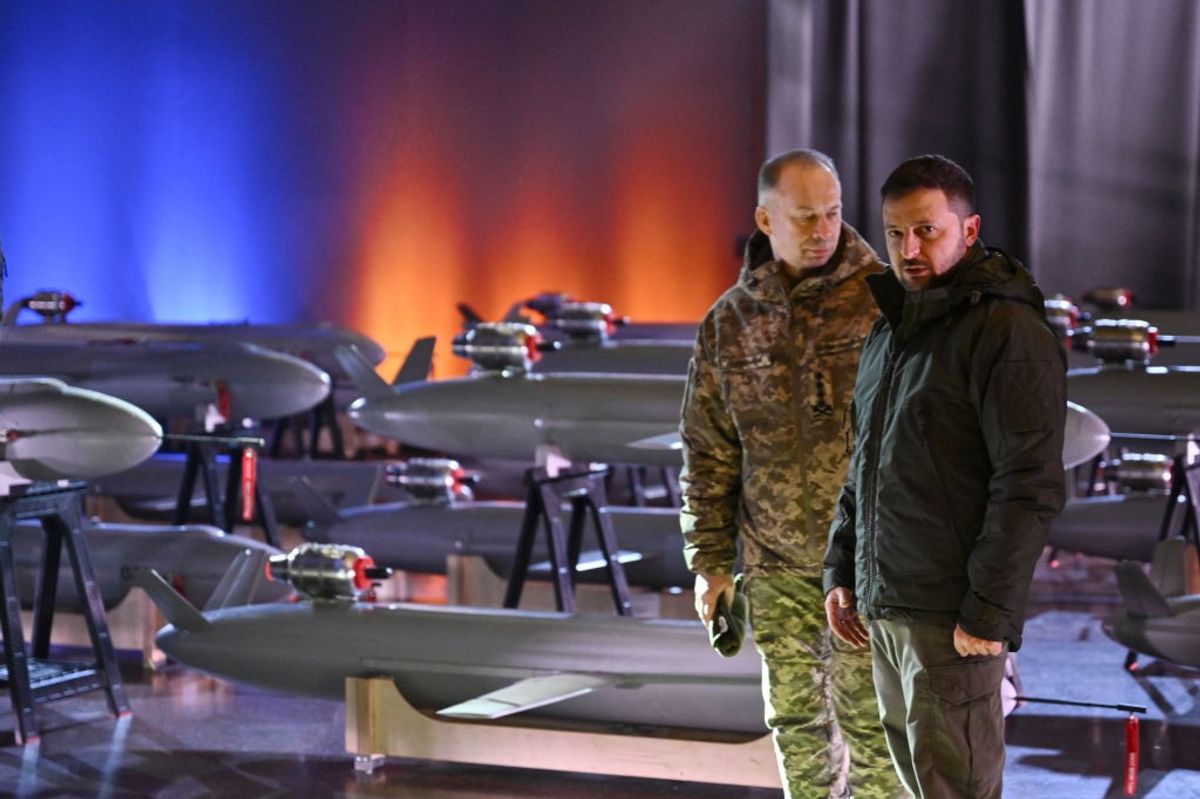Bottom Line Up Front
- Protests in Colombia, South America’s oldest democracy, have been relatively under reported upon in the international media.
- The protesters are motivated by a desire to achieve economic and social justice for segments of Colombian society that have long been ignored.
- There is some evidence that the Russian Federation may be trying to add fuel to the protest movement by engaging in a disinformation campaign.
- The slow implementation of the Colombian government’s peace accord with the FARC may exacerbate tensions.
As protests continue to ripple throughout the globe, one movement in particular has been relatively under covered by the mainstream press. The Colombian protests that began in November 2019 and continued into 2020 have received scant attention relative to the chaos gripping the streets of Lebanon, Hong Kong, France, Iran, and Venezuela. In Colombia, protests began in mid-November 2019 and resulted in widespread marches throughout nearly all major Colombian cities. The protests intermingled myriad political grievances lodged against Ivan Duque, the President of Colombia. Duque, the leader of the Democratic Center party, owes his rise in part to former Colombian President Alvaro Uribe, who held office between 2002-2010. The protesters’ demands range from a need for better health care, pension reforms, stemming corruption, and dissolving the riot police, to faithfully implementing the peace-accords the Colombian government signed with the Revolutionary Armed Forces of Colombia (FARC) in 2016. The Duque government was slow to respond to protesters’ demands. Protests were originally slated to begin in October 2019, but were delayed until mid-November. It was not until late-November, well into the growing movement, that Duque agreed to convene a national dialogue. At that point, however, the credibility of the Colombian response was questionable—the Duque government’s response was seen as dismissive, and it blamed unrest on foreign actors.
Into 2020, the protests in Colombia have continued without an end in sight due to the eclectic mix of demands and lack of leadership with whom the Colombian government can negotiate. In 2020, the situation in Colombia began to directly impact the education system when, in late February, public school teachers across Colombia began a two-day strike. Public school teachers carried out the strike in an effort to highlight their displeasure with the government following the death of activists killed by the police during the protests, and threats that have been levied against civil society leaders. More than 7 million students were unable to go to class because of the protests. The February teacher strike was a prelude to teacher strikes scheduled for late March. As calls for reforms continue in Colombia, there are also reports that foreign governments are attempting to intervene. In January 2020, the U.S. Department of State noted that Russia may have been engaged in a disinformation campaignthroughout Latin America, including in Colombia.
Not to be lost amidst the protests is the implementation of the peace agreement between the Colombian government and the FARC, a group that in its early days adopted Marxist-Leninist principles with an eye towards achieving social and economic justice for the working class. Over time, the FARC eschewed its political ideals and morphed into a narco-terrorist organization motivated by profit. In perhaps the most clear-cut example of the convergence of crime and terror, its primary objective became securing control over every aspect of the highly lucrative cocaine trade. In 2016, South America’s longest running terrorist group decided to trade bullets for ballots and seek to use the tools of democracy to influence Colombia’s policies through civic engagement. As a result of the accord, the FARC would ultimately form a political party known as the Common Alternative Revolutionary Force and retain control over a small number of seats in Colombia’s Congress.
Despite the accord, however, implementation of the peace agreement has been slow and plagued by setbacks. President Duque, like his mentor, former President Alvaro Uribe Velez, believes that the previous administration led by Juan Manuel Santos failed to negotiate a good deal for Colombia. As a consequence of the perceived government’s disinterest in implementing the peace agreement, some high profile FARC members, most notably Ivan Marquez, have decided to abandon the path of peace and rearm. Colombia is at a crossroads – episodic protests, coupled with a foreign-led disinformation campaign and the possibility of the FARC abandoning the peace accords, will likely result in even greater instability. That risk becomes even more acute if individuals like Marquez gravitate to the original objectives of the FARC – using violence to achieve greater social and economic equality within Colombian society.











